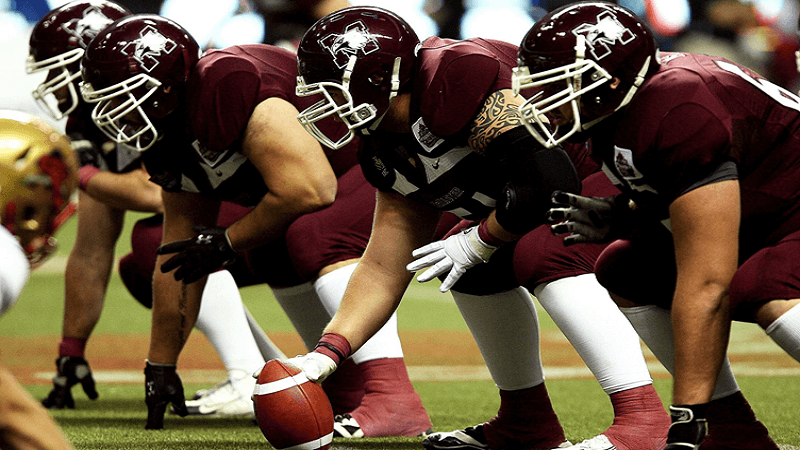Football, a classic American sport with a rich history spanning decades, has become deeply ingrained in our culture. From the iconic Friday night lights of high school games to the intense professional matchups on Sundays, football holds a significant place in our hearts. However, have you ever wondered about the merits of flag football? Is it merely a diluted version of traditional football, or does it bring something unique to the table?
Let us delve into the advantages and disadvantages of both flag football and traditional football, especially when choosing one for your child to play.
The Advantages of Traditional Football
Traditional football, commonly known as tackle football, is a sport that most of us are familiar with. It combines strength, strategy, and teamwork into a thrilling game. Despite occasional concerns about safety, there are numerous benefits to enrolling your child in this iconic American pastime.
- Physical Fitness: Football is a highly demanding physical sport that can significantly enhance your child’s overall fitness level. From rigorous running drills to strength training, football requires athletes to be in top form, constantly pushing their bodies to the limit.
- Discipline and Teamwork: Success in football hinges on the ability of each player to work together as a cohesive team, following the coach’s instructions and adhering to the rules. This fosters essential values of discipline and teamwork that will serve your child well into adulthood.
- Mental Resilience: Football is not just physically demanding; it also necessitates mental toughness. Players must think quickly and make split-second decisions on the field, honing their problem-solving skills and developing the ability to handle high-stress situations with composure.
The Disadvantages of Traditional Football
While traditional football offers numerous benefits, it also presents some considerations that may give parents pause before enrolling their child in the sport.
- Risk of Injury: It is essential to acknowledge the inherent physicality of football. While measures are taken to ensure player safety, the risk of concussions, fractures, and other injuries remains a possibility.
- Time Commitment: Football is not merely a game but a commitment that extends beyond the field. Practices can consume several hours per week, and games are typically scheduled on weekends, demanding significant time from both children and parents.
- Cost: Football equipment, particularly protective gear such as helmets and shoulder pads, can be costly. What’s more, some leagues impose registration fees and other expenses that parents must address.
The Advantages of Flag Football
Flag football has gained popularity as a safer alternative to traditional football, offering distinct benefits for your child’s consideration.
- Enhanced Safety: With no tackling involved, flag football significantly reduces the risk of severe injuries. This provides parents with peace of mind while still allowing their child to participate in a sport they love. Instead, the game is very tactical – learn more with https://flagfootballwithcoachd.com/blogs/free-drills and other brilliant flag football resources.
- Reduced Time Commitment: Flag football games are typically shorter, and practices are less frequent compared to traditional football. This makes it a more manageable option for families with busy schedules.
- Lower Cost: Flag football equipment is generally more affordable than traditional football gear, making it a more accessible option for parents.
The Disadvantages of Flag Football
While flag football has its advantages, it also presents some drawbacks that should be taken into account.
- Reduced Physical Demands: Without tackling, flag football may not provide the same level of physical fitness benefits as traditional football.
- Limited Skill Development: Flag football may not offer the same opportunities for skill development as traditional football. The absence of tackling and other physical aspects may limit children’s chances to improve their technique and strength.
- Reduced Competitiveness: Some argue that flag football is less competitive than traditional football due to the absence of physical contact. This may be less appealing for children who thrive in a more intense and physical environment. Of course, this is subjective and others will claim that flag football is just as incredible.
Summary
So, which is the better choice – flag football or traditional football? Ultimately, the decision rests on your comfort level and your child’s preferences. If safety is your primary concern, flag football may be the preferred option. However, if your child is passionate about tackle football and understands the associated risks, traditional football may be the more suitable choice. Regardless of the sport you choose, your child is certain to gain valuable skills and experiences!
